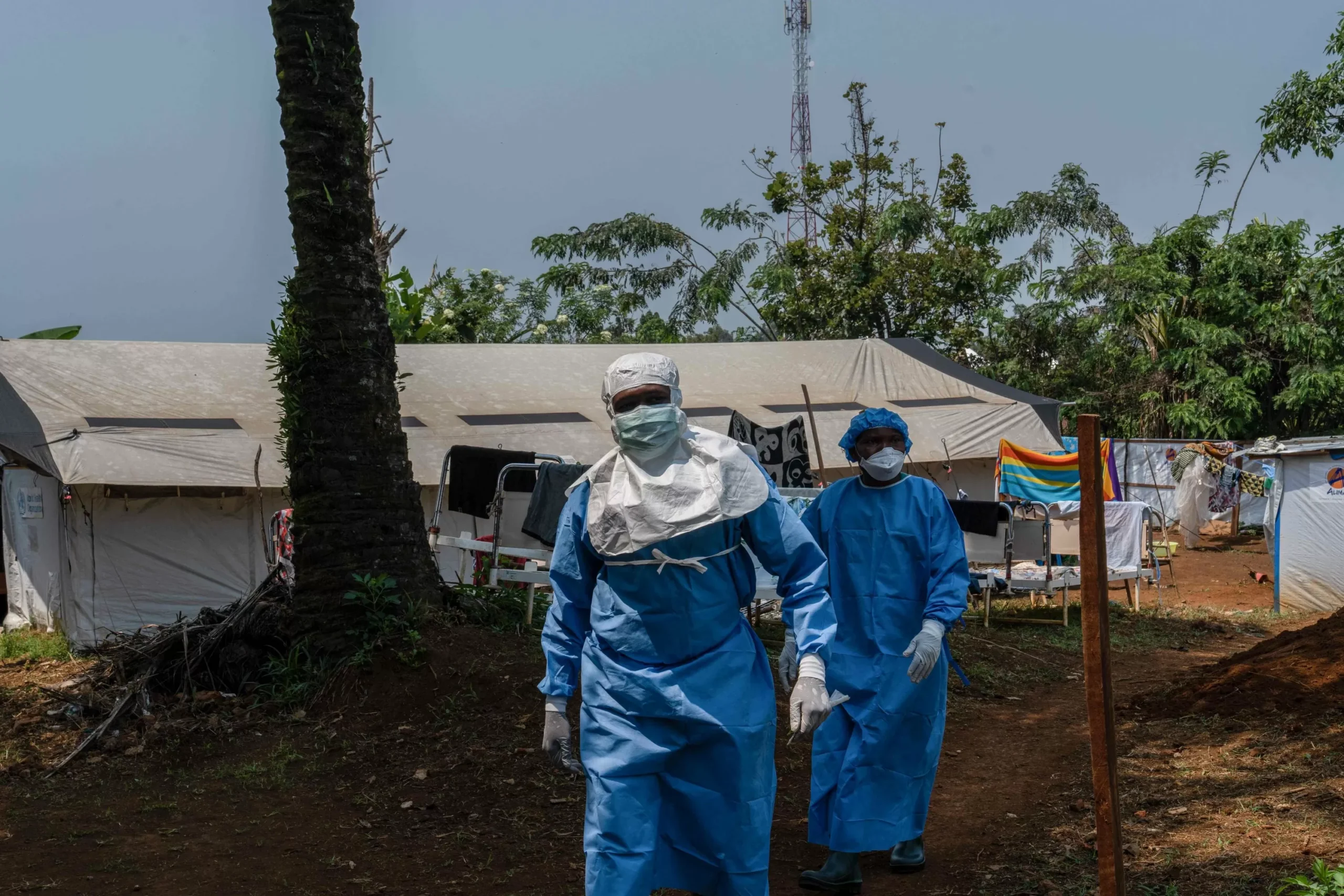In just one week, Africa has seen a concerning rise in the number of suspected mpox cases. According to the Africa Centres for Disease Control and Prevention (CDC), a total of 2,729 new cases have been reported, with 1,001 of these cases being confirmed. This surge in cases has raised alarms and created a sense of urgency among healthcare professionals and authorities across the continent.
Mpox, also known as monkeypox, is a rare viral disease that has been known to occur primarily in Central and West Africa. It is a zoonotic disease, meaning it can be transmitted from animals to humans. The virus is typically spread through contact with infected animals, such as rodents or primates, or through contact with body fluids or lesions of infected individuals. While it is not as contagious as other viral diseases, such as Ebola or COVID-19, it can still pose a significant threat to public health if not properly contained.
The sudden increase in mpox cases in Africa is a cause for concern, but it is not entirely surprising. The disease is endemic in parts of the continent and has been known to have periodic outbreaks. However, what is worrying is the speed at which the number of cases has risen in just one week. This is why the CDC and other health organizations are working tirelessly to contain the spread of the disease and provide aid to those affected.
The foremost priority in the fight against mpox is to identify and isolate individuals who have been infected. This is crucial in interrupting the chain of transmission and preventing further spread of the disease. The CDC has mobilized teams to conduct active surveillance and contact tracing, ensuring that anyone who may have come into contact with an infected individual is identified and monitored for symptoms. In addition, healthcare workers are working around the clock to provide care and treatment to those who have contracted the virus.
Apart from the immediate response, efforts are being made to increase awareness and educate the public about the disease. Many people in Africa are not familiar with mpox, and this lack of knowledge can hinder the containment efforts. Therefore, the CDC and its partners are using various communication channels, such as radio, TV, and social media, to disseminate information about the disease and its transmission. This includes educating people on the importance of hand hygiene, avoiding contact with wildlife, and seeking medical attention if they develop symptoms.
The African Union, through its Africa CDC, has called on all member states to strengthen their preparedness and response capabilities. This includes setting up isolation and treatment centers, training healthcare workers, and ensuring the availability of necessary medical supplies and equipment. The swift action taken by the African Union, along with the ongoing support of international partners, has been crucial in containing previous outbreaks of mpox. And it is this unity and collaboration that will continue to be vital in mitigating the current surge in cases.
While the increase in mpox cases in Africa is concerning, it is essential to note that the disease is not as deadly as many other viral diseases. The mortality rate is estimated to be between 1% to 10%, and most individuals who contract the virus recover within a few weeks. However, this should not diminish the severity of the situation, as even one death is a tragedy. It is vital that we continue to take the necessary precautions and support efforts to contain the spread of the disease.
In conclusion, the recent surge in mpox cases in Africa may be alarming, but it should not cause widespread panic. The swift response of the CDC and other health organizations, along with the support of the African Union and its partners, is a testament to the continent’s preparedness and resilience. By working together, we can contain this outbreak and prevent future ones, ensuring the health and safety of all Africans. Let us continue to stay informed, take necessary precautions, and support each other in this fight against mpox.





![Complete BritRail Pass Guide [Types, How to Use It, Pros + Cons]](https://inside-news.uk/wp-content/uploads/2025/06/00221EB4-BCA2-4DBB-6CD4-83DBC37D71FA-120x86.webp)
















